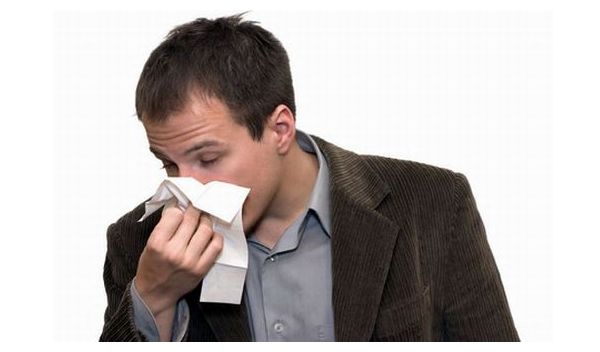We all suffer from cold, cough or sore throat sometime or other. Sometimes you feel mucous running down at the back of the throat. You continuously want to clear your throat. These are the symptoms of postnasal drip. It might cause cough, which in some cases worsens at night. Sometimes the patient my feel hoarse, and suffer from sore throat. In some cases, the patient may suffer painful ear infection or sinus infection too.
 What is postnasal drip?
What is postnasal drip?
There are some glands lining our nose, throat, stomach, and intestine, that produce a thick wet substance called mucus that moistens these regions and help our body in trapping and flushing out infection causing bacteria and viruses. This mucus is produced continuously throughout the day. Sometimes our body produces too much mucus. It starts coming out from our nose in the form of runny nose, and runs down the throat causing postnasal drip. The patient may feel difficulty in breathing and suffer from bad breath.
Causes
The common causes of postnasal drip are olds, flu, tonsillitis, allergies, and also gastroesophageal reflux or GERD. Changing weather, cold weather conditions, and dryness in air also cause these symptoms.

Allergies
A person may have allergies from food, dust, pollen, or pet dander. Consider air conditioning your home and car to avoid these allergens. Vacuum clean your house regularly. Wear a mask over your face whenever you feel you might have to encounter allergens.
Home remedies for postnasal drip
- Drink plenty of water. This thins the mucus and relieves you from discomfort. It also helps prevent blockages in the sinus and ears.
- Take plenty of rest. Stress is also one of the reasons of nasal problems. Learn meditation and try to relax.
- Use saline nasal sprays to flush out the infectants from the nasal area. You can also use a “neti pot” to flush nasal passages with saline water. Take help of a yoga consultant for using this pot.
- Stay away from cigarette smoke, perfumes, dust, and such irritating substances.
- Avoid taking milk and ice cream, as they are said to increase mucus production.
- Try to keep your house dust and allergen proof by regularly vacuum cleaning the house. Bed sheets and linens should be changed regularly.
Summary:
If you have foul smelling nasal drainage, a wheezing sound while breathing, or chest congestion with difficulty in breathing, you must seek medical attention. If medicines do not give you respite, the doctor may order various tests such as CT scan, X-rays, and some other tests to investigate the problem.


